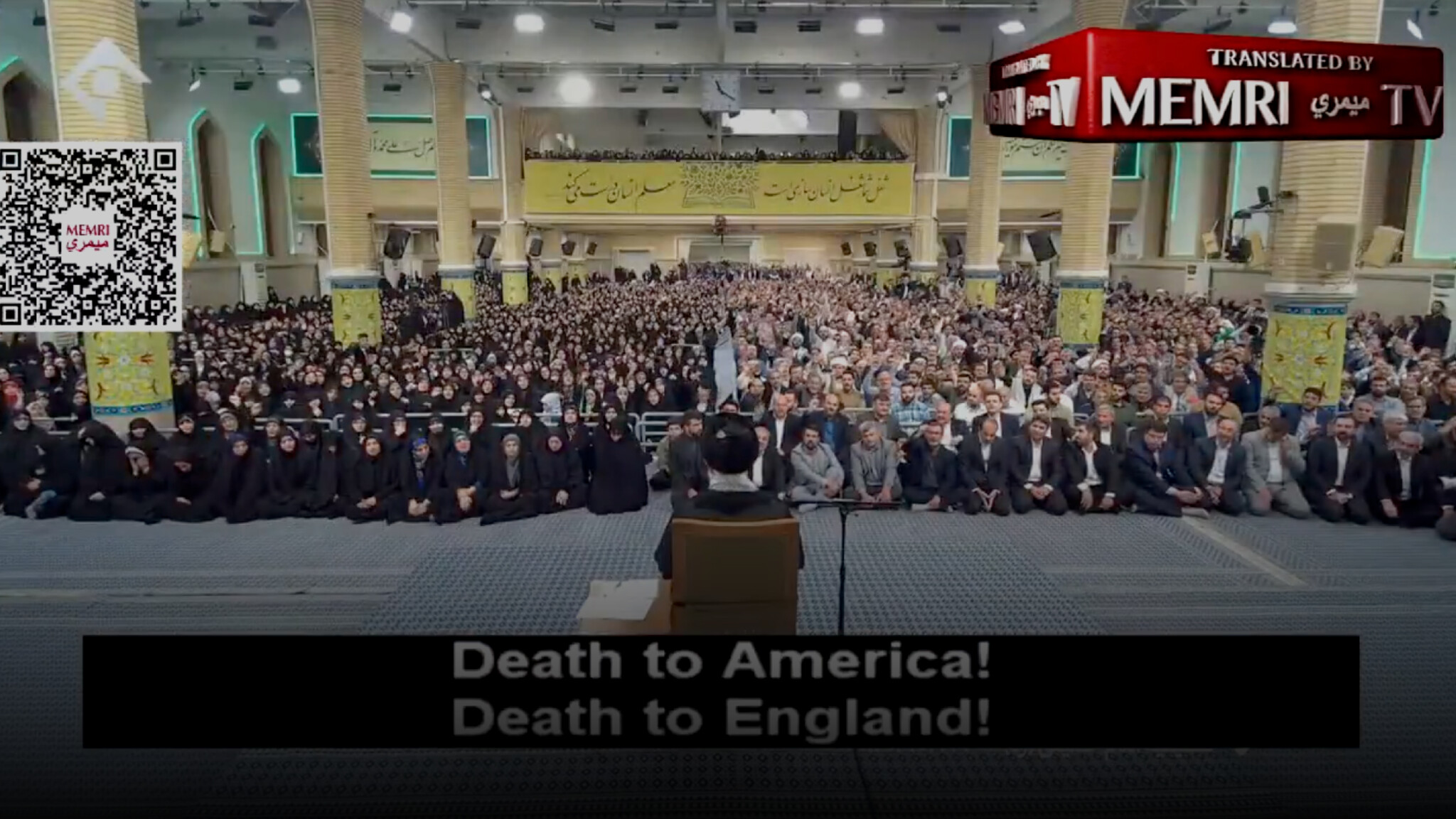
The real solution lies not in air raids, but in ending the Tehran regime—the true source code of global terror.
As I write this, Israeli fighter jets are striking Iranian nuclear sites. President Trump confirmed he was briefed on the strike in advance, and has vowed to stand firmly with Israel. Thank God. Because when Prime Minister Netanyahu calls Iran “a threat to Israel’s survival,” he’s not exaggerating. He’s stating the truth.
The headlines will focus on military strategy, and the pundits will debate escalation. But we should ask a different question: What kind of world would emerge if the Islamic Republic finally fell? The regime in Tehran is not just Israel’s enemy. It is the enemy of every person who believes in human dignity. For over four decades, this theocracy has perfected the art of oppression. It has transformed a once-proud civilization into a repressive state where women are punished for showing their hair, where protesters vanish into dungeons, and where the government finances terror across three continents. Meanwhile, its own citizens struggle to buy bread.
The Iranian people have been sending us messages for years. They wrote them in blood during the Green Revolution, when millions poured into the streets demanding, “Where is my vote?” The regime’s answer came in the form of batons and bullets. Neda Agha-Soltan was just 26 when a government sniper shot her in the heart during a protest. Her murder revealed the true face of a regime so terrified of losing control that it would rather kill its own people than listen to them. But Iranians refused to stay quiet. Thirteen years later, the people rose again. This time for Mahsa Amini, a young woman who died in police custody. Her crime? A few strands of hair showing beneath her hijab. For this, she was arrested. For this, she was beaten. For this, she died. The 22-year-old’s death demanded an answer. “Woman, Life, Freedom” rang out from Tehran’s universities to the Kurdish mountains where she grew up. What began as mourning became defiance. What started as protests became revolution, the largest uprising the Islamic Republic had ever faced. Iranian women didn’t just march. They tore off their headscarves and burned them in the streets. They danced around the flames while police sirens wailed. They knew the cost. These heroic women paid it willingly.
The regime responded with predictable savagery. Over 500 protesters were killed, including children whose only crime was demanding basic rights. Thousands more disappeared into the regime’s prisons. Yet throughout the bloodshed, the West persisted with cautious diplomacy—issuing statements and holding meetings, but steering clear of real confrontation. In doing so, it continued to legitimize a regime that thrives on repression. This must stop.
The Islamic Republic represents more than a regional threat. It poses a direct challenge to the principle that people deserve freedom. This regime systematically exports violence and extremism across the globe. In Gaza, for instance, it bankrolls Hamas terrorists who use Palestinian children as human shields while diverting aid money to build attack tunnels. In Lebanon, it has transformed Hezbollah from a militia into the country’s true power, turning a once-prosperous nation into a failed state. In Yemen, it arms Houthi rebels who have created one of the world’s worst humanitarian disasters while launching missiles at civilian shipping.
The Islamic Republic represents more than a regional threat. It poses a direct challenge to the principle that people deserve freedom. This regime systematically exports violence and extremism across the globe. In Gaza, for instance, it bankrolls Hamas terrorists who use Palestinian children as human shields while diverting aid money to build attack tunnels. In Lebanon, it has transformed Hezbollah from a militia into the country’s true power, turning a once-prosperous nation into a failed state.
Every attack by these proxy forces advances Tehran’s central strategy. The regime doesn’t seek regional influence through diplomacy or economic partnership. It builds power through violence and intimidation. Every rocket fired at Israeli civilians, and every bomb that destroys a Lebanese neighborhood serves this larger plan of control through terror. And now they race toward nuclear weapons.
But the mullahs are not Iran—they are its captors. We know because we have seen glimpses of the real Iran, the nation that built poetry into its soul long before Islam arrived. The Iran that gave birth to some of history’s greatest scholars and artists still lives beneath the surface. The Iran where women once walked freely in universities and laboratories waits to emerge again. A free Iran would transform the Middle East overnight. The funding would dry up for Hamas and Hezbollah. The proxy wars would lose their puppet master.
The nuclear threat would evaporate along with the regime that promised to wipe Israel off the map. Lebanon could finally breathe. The region could finally imagine a future beyond endless conflict.
Help Ensure our Survival
But the impact would reach far beyond the Middle East. The fall of the Islamic Republic would send a message to every theocrat and dictator on earth. It would prove that even the most entrenched tyranny can be defeated. It would remind oppressed peoples everywhere that freedom is possible.
The West has a choice to make. We can continue to legitimize this regime through diplomacy and half-measures, or we can stand with the Iranian people who have been fighting for their freedom at tremendous cost. This is not about regime change imposed from outside. This is about supporting regime change demanded from within. The Iranian people have been asking for our help for years—not our military intervention, but our moral support. Not our invasion but our recognition that they, not their oppressors, represent the true face of Iran. The Islamic Republic will fall eventually. History is on the side of freedom. The only question is whether we will be on the right side when it happens.

Comments (7)
Only supporting or founding members can comment on our articles.